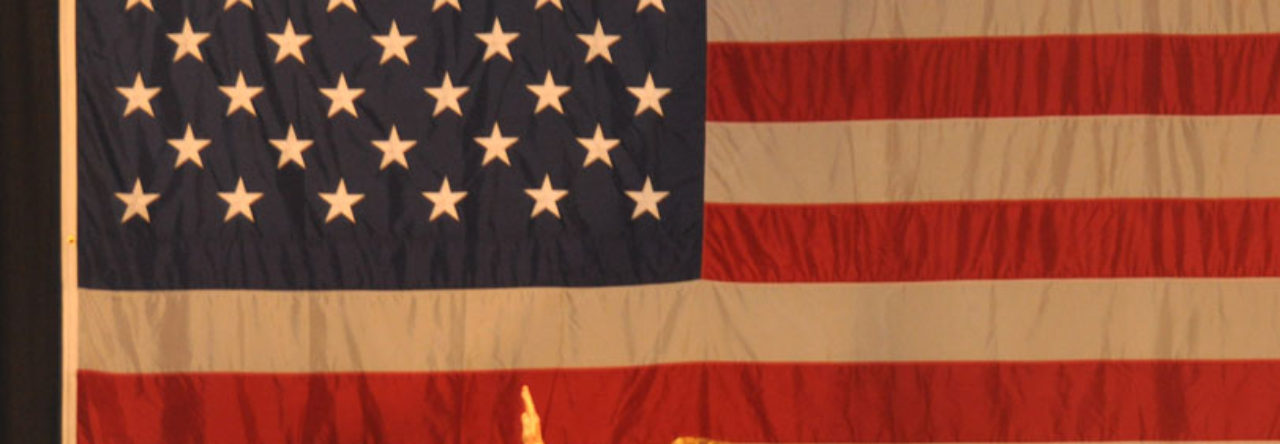The main characters in “Civil War” are four journalists. The film introduces the journalists as they cover a clash in New York City between what appear to be police forces from the official government and violent members of the opposition. The alliance in the civil war has paired Texas and California. This group is either known as WA or WF. (I, initially, thought WF referred to the Western Front, and it was only in reading about the film that I saw the initials as WA, so you’re on your own there.)
There are references to other military groups, including the Florida Alliance and the Portland Maoists. As writer/director Alex Garland scripts it, “There is no communication between the secessionists.”
When the film opens, Joel (Wagner Moura) predicts, “D.C. is falling and the President is dead within a month.” This sets us up for the journey to follow, the journalists determined to get the shot or film the fall in D.C. It’s an overland drive with the miles ticked off as they drive…508 miles to D.C…289 miles to D.C…176 miles to D.C…. They are joined by a new-comer, a young wannabe journalist named Jessie, played by Cailee Spaeney (Priscilla Presley in the bio-pic “Priscilla”).
Kirsten Dunst plays Lee, a legendary white female photojournalist in the tradition of her namesake Lee Miller. The film this instantly made me think of was 2018’s “A Private War” with Rosamund Pike playing Marie Colvin alongside Jamie Dornan as her photographer. Prior to that was Juliette Binoche as a war-time journalist in “1000 Times Good Night” (2013).
In this film, Dunst is partnered with a South American-born reporter named Joel (Wagner Moura). It’s unclear whether Joel ever actually writes anything or is primarily there as a chauffeur and bodyguard for Lee.
The third member of the troupe is the elderly Sammy (Stephen McKinley Henderson), a seasoned Black journalist who doesn’t want to give up reporting but is past his prime. Having both Sammy and Jessie in the back seat of the car causes Lee to say, “The back seat is both kindergarten and an old folks’ home.” Lee has reservations about taking the inexperienced Jessie with them, but Joe prevails. Lee also isn’t keen on having a relatively immobile old Black guy along for the trip, even though he “writes for what’s left of the New York Times.”
Lee Miller (Kirsten Dunst), portrays a journalist who has won various accolades during her storied career. She reminded me of three movies about such real-life veteran journalists, including “The Year of Living Dangerously”(Sigourney Weaver), “A Private War” (Rosamund Pike) and Juliette Binoche in “1,000 Times Good Night” (2013).
As an active voting member of the Illinois chapter of the Illinois Women’s Press Association and the official photographer at the National Women’s Press Association in Baton Rouge, I drew on my days as a journalism major in college (I attended on a journalism scholarship) and my coverage of four presidential campaigns to empathize with the much more dangerous mission this quartet has embarked upon. The movie really does paint a picture of modern-day journalism and journalistic ethics.
I’m an “Old School” journalist. In “the olden days” we were taught that we were to remain neutral and objective, not endorse one side of an issue over the other. I appreciated the film as a piece about contemporary journalism, as much as a film about a possible Civil War in the United States. My focus was covering the presidential races of 2004, 2008, 2012 and 2016, with two books on 2008 (“Obama’s Odyssey: The 2008 Race for the White House”) and an award as the Yahoo Content Producer for Politics in 2008.
I will say that the total brutality of the images, coupled with multiple fight scenes, seemed like the way it really would be after the lowering of civil standards brought on by the Trump years. Even the campus protests taking place nationwide now lack the slightest civility that used to prevail. In the days of refusing to adhere to the peaceful transfer of power after an election the total brutality of the civil war participants seemed sadly likely.
Alex Garland is known as mainly a science fiction storyteller. He wrote “28 Days Later,” “Sunshine” and “Dredd,” adapted “Never Let Me Go” from Kazuo Ishiguro’s novel, and wrote and directed “Ex Machina” and “Annihilation.” I thoroughly enjoyed those films and am particularly fond of “Never Let Me Go.”
This is a great, well-paced, engrossing movie that tells it like it is in a world where half of the residents embrace any lie that their chosen leader decides to tell them. It has echoes of dozens of other films and novels, and I’m old enough to remember when “Z” was groundbreaking in its hand-held cinematography.
Face it. Things are just going to get worse as we move into the world of AI and the heat of the 2024 presidential race. Let’s just hope things don’t disintegrate to the levels depicted in “Civil War.”
